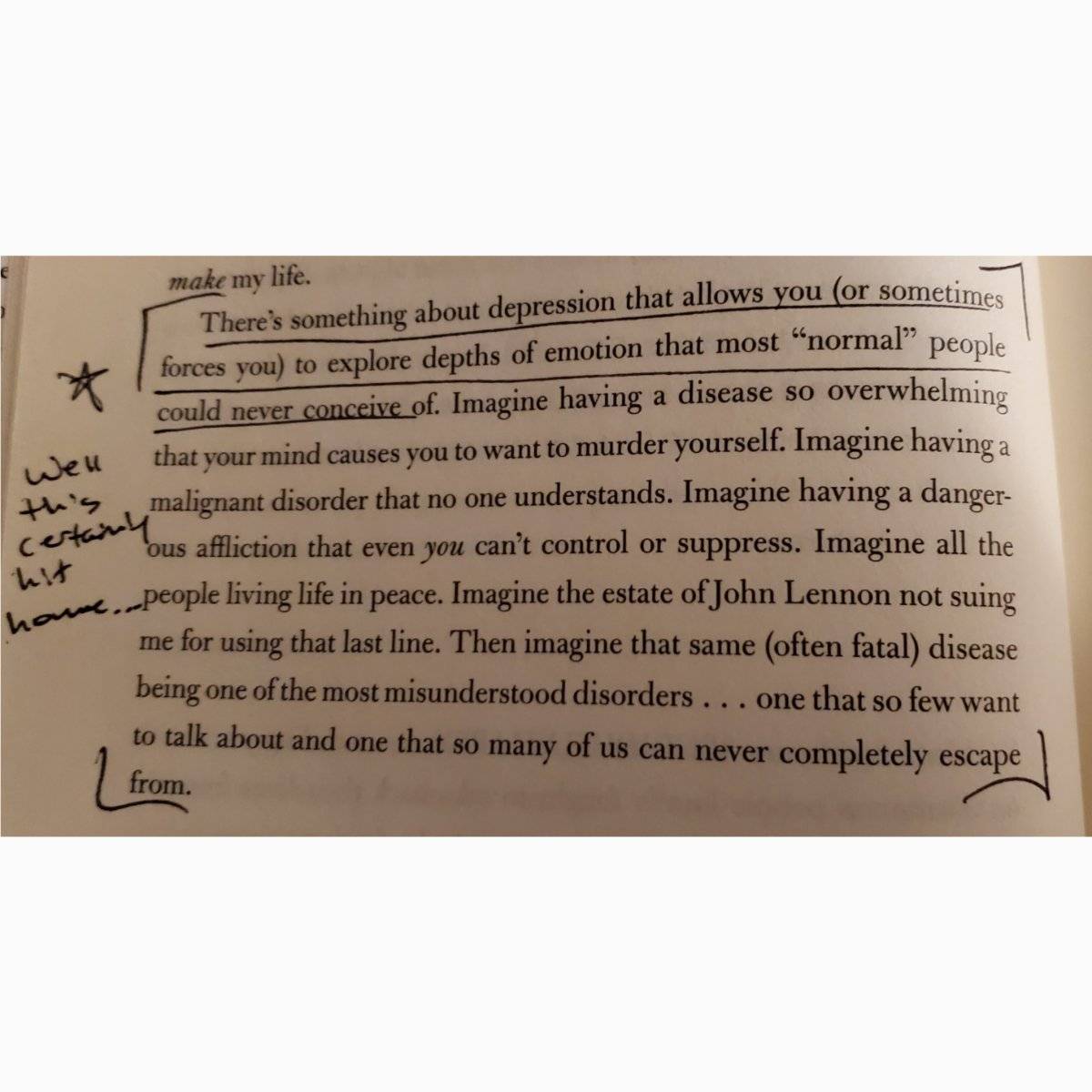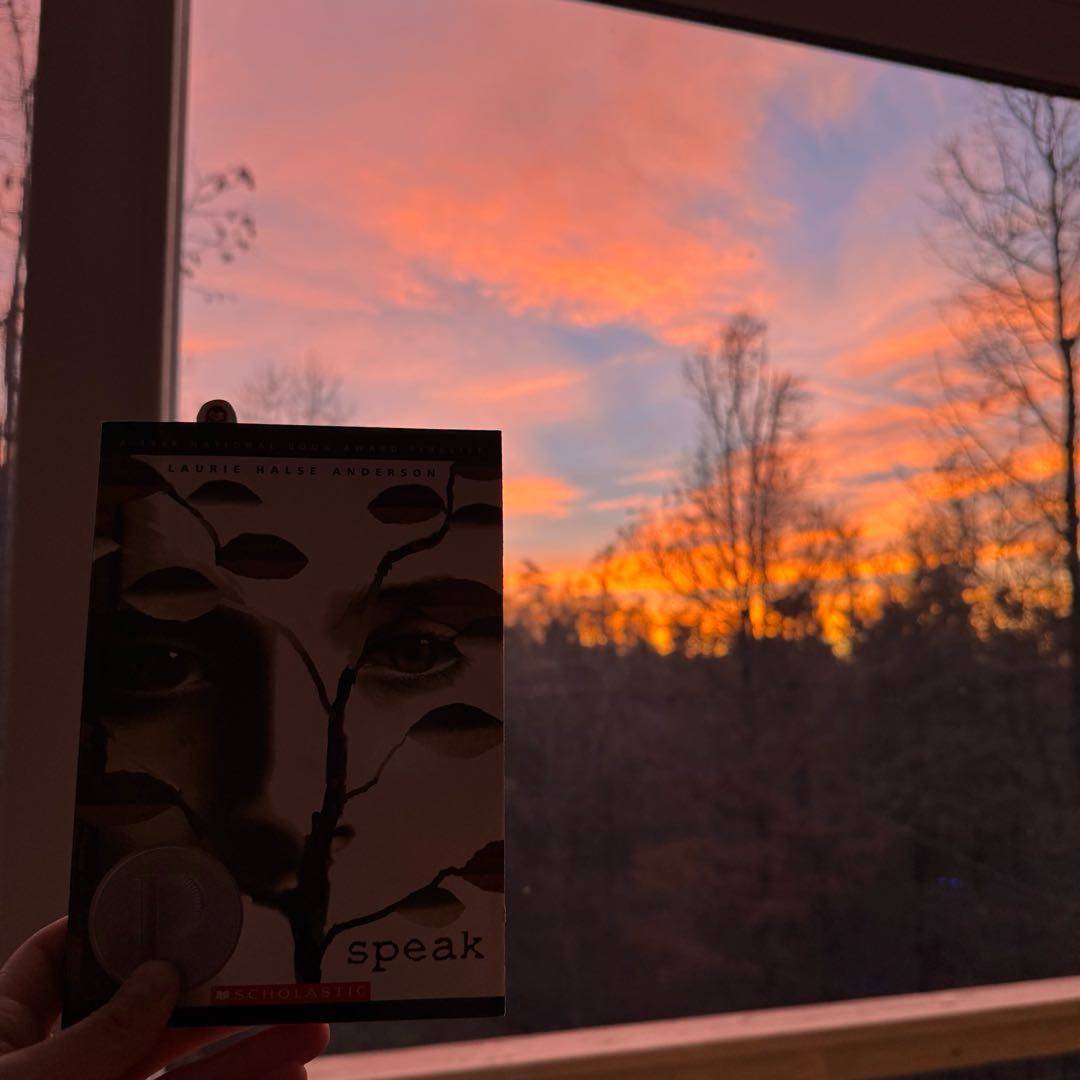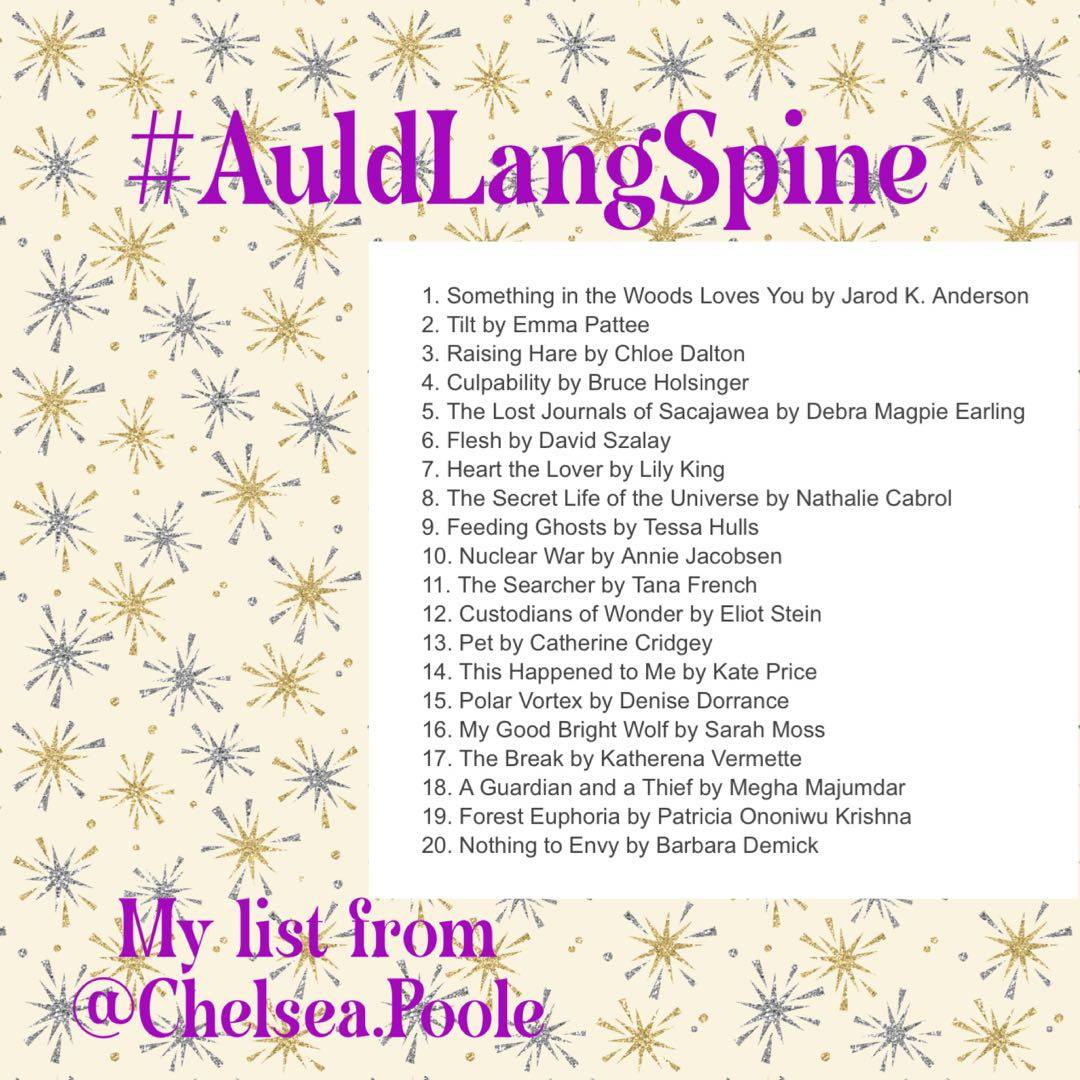I have historically struggled with CBT (I experience it as abrasive and dismissive, though in fairness I have mostly had shoddy practitioners). But it‘s undeniably the most data-driven and evidence-supported therapeutic model, so I‘m giving it another go. This book was incredibly useful. It has the same maddening condescension of my most annoying therapists, but it‘s presented as a tool in context. The exercises are extremely effective. Recommend!


























